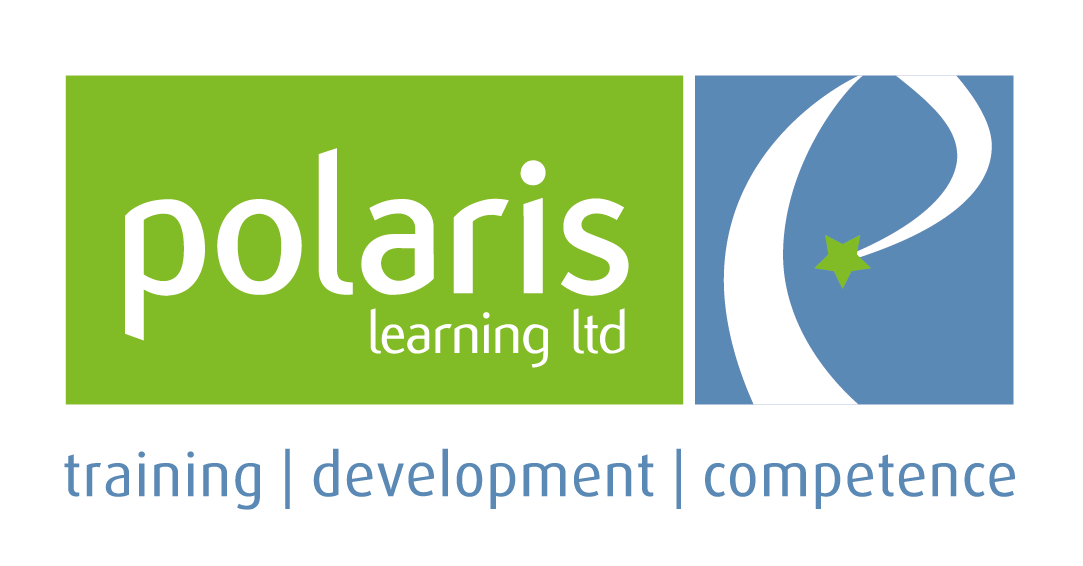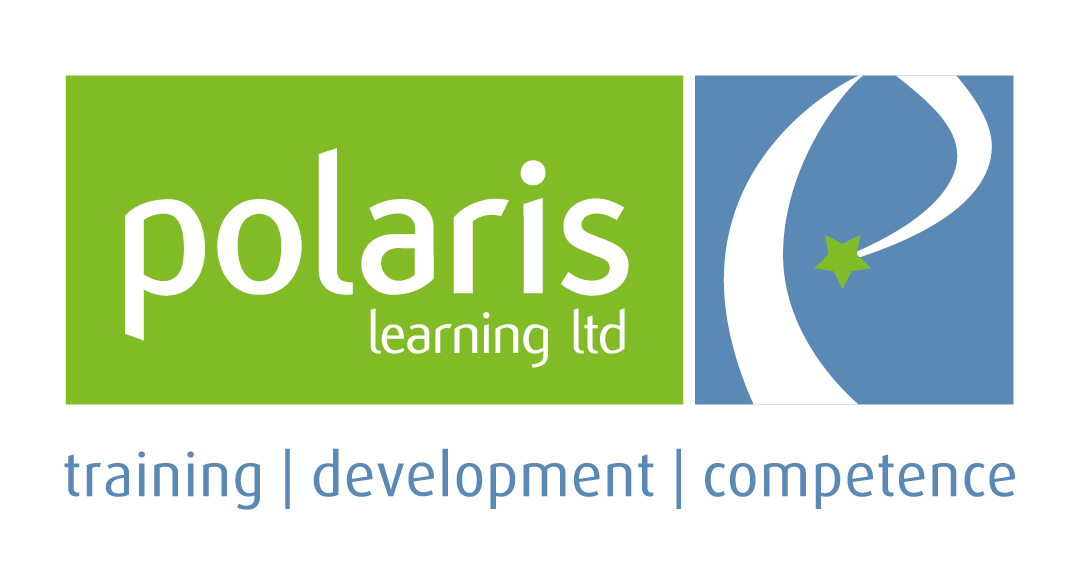Managing Conflict in Creating High Performance Teams
Conflict can make or break work relationships, and it can be at the heart of whether a team will perform well and to the best of its ability. In this article, we look at managing conflict, in particular, when conflict can be a positive, how to prevent conflict that is destructive and to how to address conflict that is causing you or your team problems.
When is Conflict Productive?
Most of us would generally agree with the observation that “conflict is usually unproductive.”
However, when conflict is handled well, if it is not happening too often, it can be a good thing within a team: it encourages people to be open to new ideas, avoids groupthink and can strengthen relationships.
To be positive though, conflict must be resolved in a constructive way, with a positive outcome.
To achieve this, there needs to be trust and an understanding of how to manage the conflict. Those involved need to know that even if a person’s behaviour is causing conflict, the motives behind that behaviour are well-intended. They also need to understand the trigger points within their team.
How to Prevent Conflict or Achieve Productive Conflict
In the workplace, overwork and relationships are the most common triggers of stress and conflict. Here we will focus on developing and maintaining better relationships.
Building Better Relationships
When we think about conflict in terms of relationships, a key reason that conflict will arise is because we are behaving in a way that causes another person difficulty. This is usually because we are doing too much of a certain behaviour and we probably do not realise that we are doing this. We will explain this a bit more below.
We can start to see where conflict might arise when we see that people are motivated by the following:
People Focus
Someone who is motivated by the need to help people, may focus on the impact of people within a task. This is good to a point but if that person starts focusing too much on people to the point that he or she is over worrying about them or does not let them get on with their jobs, that person’s behaviour is going too far.
Performance Focus
A person focused on achieving results, may become so focused on the delivery of the task that he or she becomes too forceful or too driven, making it difficult for others in the team to work with them.
Process Focus
For the process focused person, the motivation is to establish order. This motivation can go too far and result in the person being too stubborn or rigid, making it difficult for agreements to be reached or changes made.
In all these cases, the motivation is good but the behaviour and outcome is not.
Understanding Our Own and Others’ Trigger Points
However, we can work together better as a team, if we understand:
- Our behaviours that are likely to cause other people conflict
- Behaviours of others that can cause us conflict
- How to handle ourselves better during conflict
We can notice when we are starting to get too focused on people, performance or process and our behaviour is having a negative impact on other people, or relationships are becoming strained.
Equally, if we realise that we are starting to feel conflict with our team members, possibly they or we are behaving in a way that is too much and is causing problems.
We can take a step back and look at what is going on.
By remembering that everyone’s intentions are usually good and remembering what they are trying to achieve, we are in a better place to solve the problem and reach a solution before the conflict gets too significant.
How to Deal with Conflict
People respond differently to conflict.
Some deal with conflict by thinking and accommodating while others assert themselves from the onset. These strategies vary from person to person, but people will ultimately fight for what is important to them.
Understanding these complex processes, including your own and others’ responses can help to make sense of conflict and help you manage conflict when dealing with different people.
A good starting point which you can use to help avoid conflict or you can implement once you have reached a point of conflict, is to try and better understand what is going on.
You can do this by asking the following questions:
- How can we view their behaviour differently?
- What might be the positive motivation behind the behaviour?
- How could we react differently?
We always have a choice in how we respond.
If we begin with a starting point that the motivation is positive, but it is the behaviour that is not working, we are in a better position to reach a solution.
Managing Conflict: Bringing This All Together
This approach to managing conflict is based on the understanding that behaviour is driven by motivation and motivation changes in conflict.
This is an area that we look at in our leadership development programmes as well as in our standalone workshops on self-awareness and team relationships which are also available as virtual workshops.
For more information, please get in touch.




 Well Operations Audit of Supply Chain
Well Operations Audit of Supply Chain Revision and roll out of CMS
Revision and roll out of CMS Set up and Hosting of Organisations CMS
Set up and Hosting of Organisations CMS

 Integrated LMS and CMS
Integrated LMS and CMS
